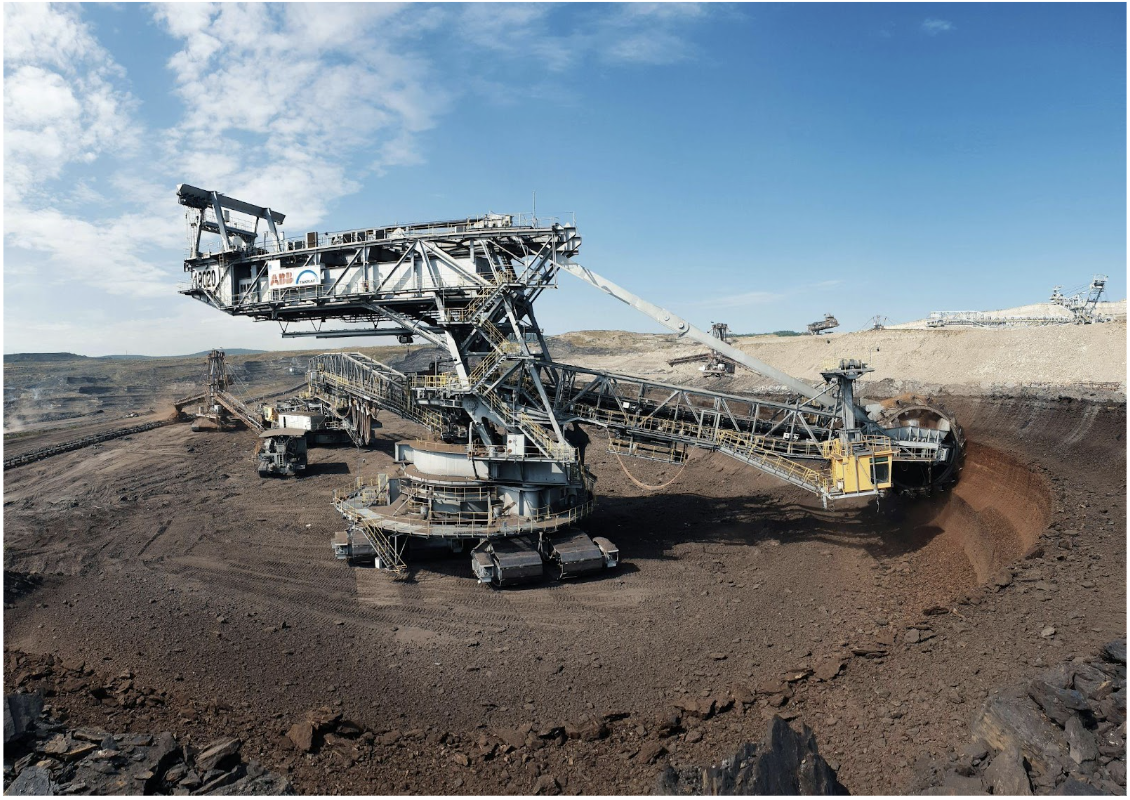Trump's Trade Policies Could Reshape Global Critical Minerals Market

Summary
Full Article
The potential return of Trump-era trade policies could dramatically reshape the global critical minerals market, with significant implications for industries ranging from defense to electric vehicles. Trump's proposed 60% tariff on Chinese goods would directly impact critical mineral supply chains, of which China controls approximately 80%.
The stakes are particularly high given China's recent retaliatory export bans on gallium, germanium, and antimony to the U.S. - materials crucial for semiconductor manufacturing, defense systems, and electric vehicle production. A U.S. Geological Survey study indicates these restrictions alone could reduce U.S. GDP by $3.4 billion.
The situation could worsen if China expands restrictions to include graphite, where it controls 77% of natural production and nearly all refining capacity. The U.S., currently 100% import-reliant on graphite, could face severe disruptions in its electric vehicle and energy storage industries.
Beyond the immediate trade tensions, Trump's proposed withdrawal of U.S. support from NATO could force European allies to accelerate their critical minerals procurement strategies, potentially creating a more competitive and fragmented global market. Resource-rich nations might become more selective in their trading partnerships, fundamentally altering existing supply chains.
These developments signal a potential shift toward economic nationalism in critical minerals, with countries likely to prioritize domestic production and secure supply chains. The restructuring could lead to higher prices for critical minerals and accelerate efforts to develop alternative sources outside of China's control.

This story is based on an article that was registered on the blockchain. The original source content used for this article is located at News Direct
Article Control ID: 35796